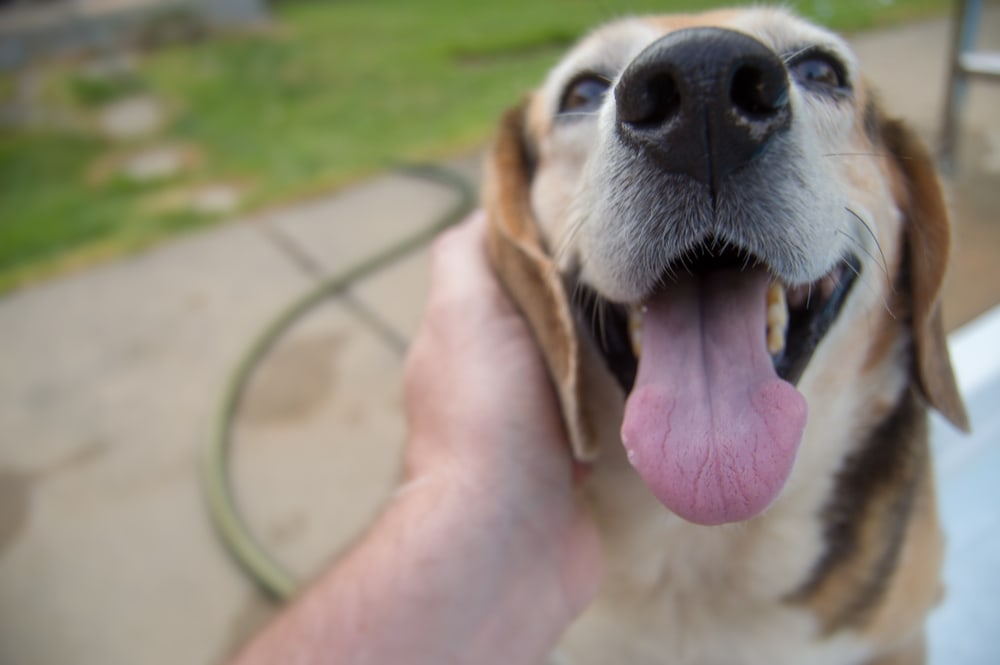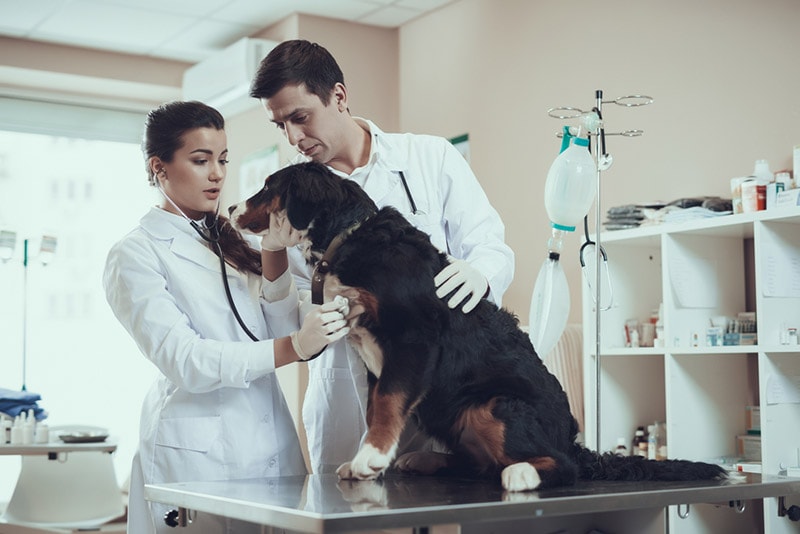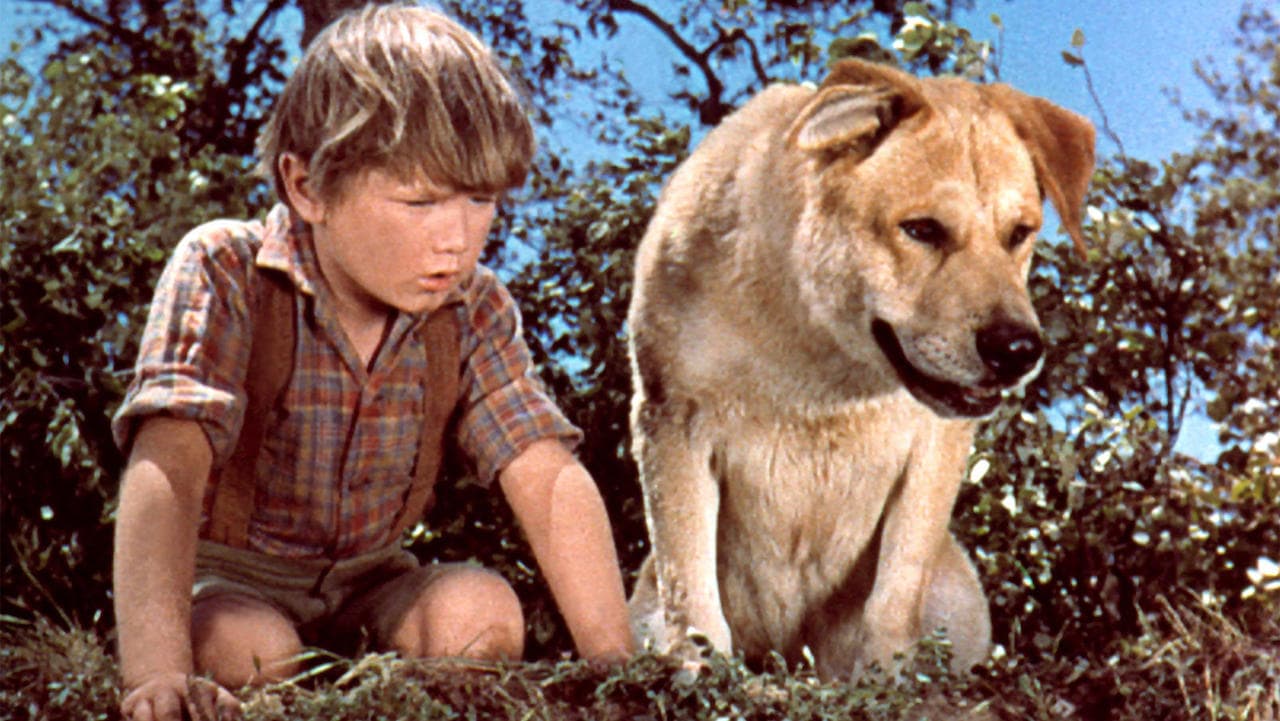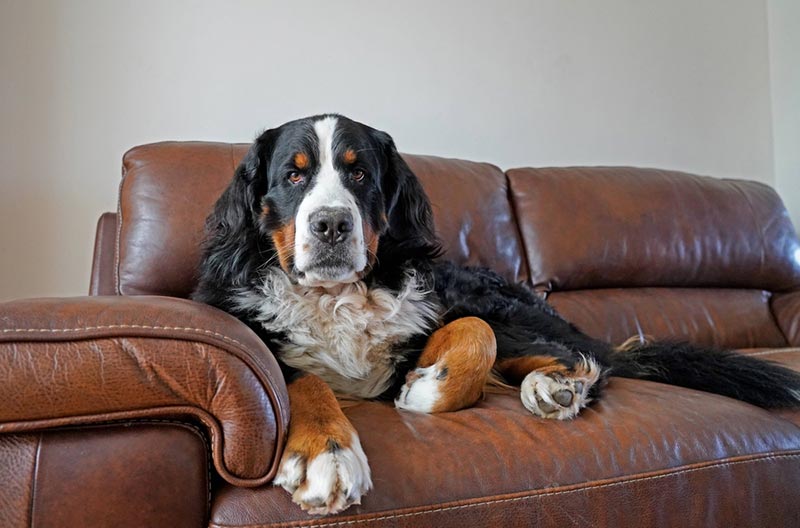My Dog’s Breath Smells Metallic, Should I Worry? Vet-Approved Facts
Updated on

Dogs are not the most discerning when it comes to what they are willing to put in their mouth and eat. You may even notice that your dog tries to eat poop that they find while on their walks! So, it shouldn’t come as a surprise that your dog has bad breath occasionally. It’s when the bad breath persists or worse, smells metallic that you might become worried. There is good reason for that. If your dog’s breath smells metallic, you should worry, as it can mean a medical condition or health issue. Let’s read on to learn more about this topic.
Kidney Failure Can Cause Metallic-Smelling Breath
Unfortunately, kidney failure is a likely culprit of metallic-smelling breath in your dog. Toxins and waste have built up in the body because the kidneys are not doing their job and properly filtering the blood. The toxins and waste are released through the breath, as there is nowhere else for them to go. Many times, this release smells metallic.
- Weight loss
- Appetite loss
- Increased thirst and urination
- Lethargy
- Depression
- Vomiting
- Diarrhea
It is important to get veterinary care immediately if you notice that your dog has metallic-smelling breath or any other signs of kidney failure.
Kidney failure is fatal and there is no cure, but early treatment and a special diet can help manage the side effects. Your veterinarian can run tests to determine what stage of kidney failure your dog is in and what signs they are exhibiting so they can put together an effective treatment plan.

Here’s What Can Cause Kidney Failure in Dogs
No breed is immune to the risks of this disease, so it’s important to know the causes so they can be avoided as much as possible.
- Infectious diseases
- Trauma
- Old age
- Toxicity
- Urinary blockages
If your dog already has noticeably metallic breath, it’s likely too late to avoid these causes, but knowing about them can help you understand how to keep other pets from developing kidney disease and eventually, kidney failure.
Here’s What to Do for Your Dog Until You Get to the Vet
Once you’ve noticed your dog’s metallic breath and called your veterinarian to schedule an appointment, it is a good idea to encourage your dog to drink plenty of water, as dehydration can exacerbate their kidney function problems. If possible, feed them a diet low in protein, sodium, and phosphorus until your veterinarian can recommend or prescribe a specific diet.
Lowering sodium intake can help reduce the workload that your dog’s kidneys deal with and can help maintain normal blood pressure levels. Less phosphorous in the diet is important because this mineral tends to build up in the body when the kidneys start to fail. By reducing phosphorous intake, concentrations of the mineral can become more normalized, which may help slow the progression of the disease.
Less protein in the diet can also help reduce the waste produced within your dog’s body so their kidneys do not have to work so hard. A reduced workload could help alleviate signs of failure and prolong kidney functionality. A variety of commercial dog foods are available that are formulated just for dogs with kidney disease that you can try while waiting to see the vet.

Conclusion
Metallic-smelling breath is worrisome, as it is a sign of kidney disease. However, if you get veterinary care as soon as possible, you may be able to catch the disease early and follow a treatment and management plan that helps your dog live a comfortable life for some time to come.
Featured Image Credit: Neal Bryant, Shutterstock












